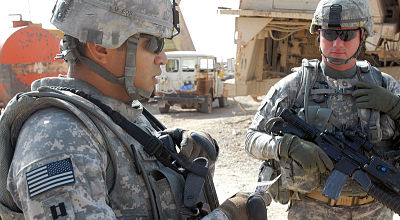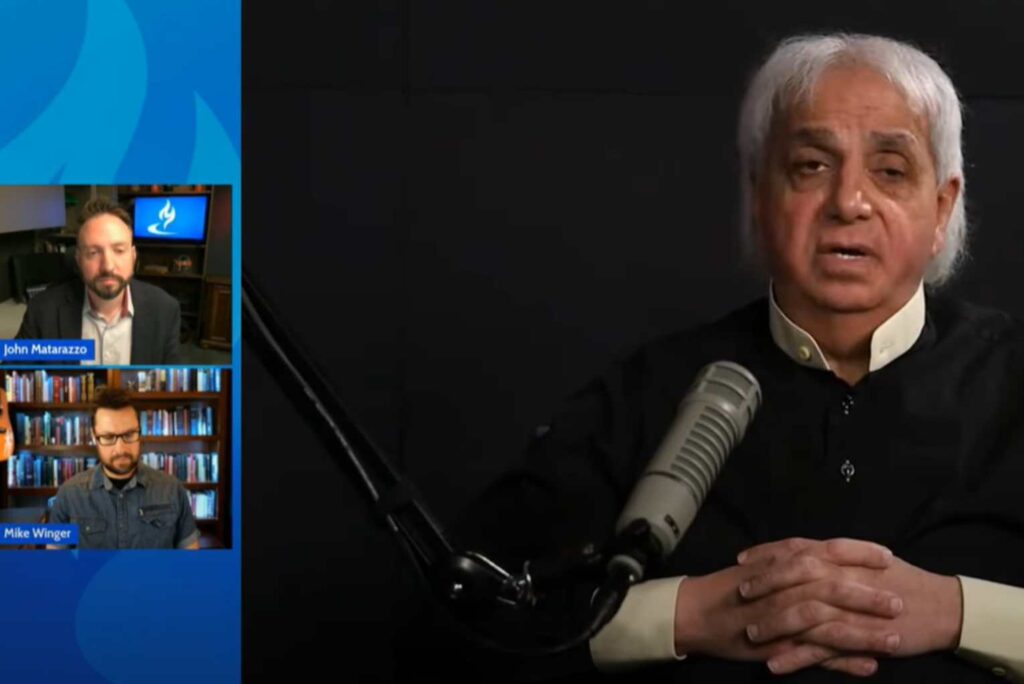As some 40,000 troops returned home from Iraq this holiday, one of the longest wars in U.S. history continues to take a death toll rarely reported in war—the demise of military marriages.
“When troops return home, civilians think ‘OK, that’s it. It’s over.’ But that’s not true. The stress on our marriage of 13 deployments since 9/11 has been immeasurable,” says Valerie Gaff, wife of Air Force Master Sergeant Todd Gaff.
Indeed, the divorce rate among military couples has increased 42 percent since the Afghanistan-Iraq wars began in 2001, according to MilitaryNews.com. Thousands of couples have endured multiple deployments resulting in years of separation.
And research from the Department of Human Development and Family Science at Oklahoma State University reveals that plans to pursue divorce or separation increase with each subsequent month a service member is deployed.
When Todd Gaff received orders to deploy to Afghanistan in 2001, he and his wife never imagined it was only the first of 13 tours of duty in the region. Valerie Gaff says with each return home, the couple had to renegotiate their roles, routines and relationship.
“While he was away, I was totally in charge and fully responsible for our children and household,” she says. “When he returned, it was hard to let go of some of those roles. It was also scary getting reacquainted. By necessity, we both changed each time we were apart.”
The first 90 days post-deployment are the most critical for military marriages, according to FamilyLife. The most common stresses post-deployment include unrealistic expectations, rushing the transition, renegotiating roles, realizing both spouses have changed during deployment and post-traumatic stress disorder.
“That window is the proven time frame during which people develop habits and set the tone for the future of their marriage,” says FamilyLife founder and president Dennis Rainey. “It’s critical for military couples to establish healthy habits quickly as they struggle to reconnect and restructure their families.”





